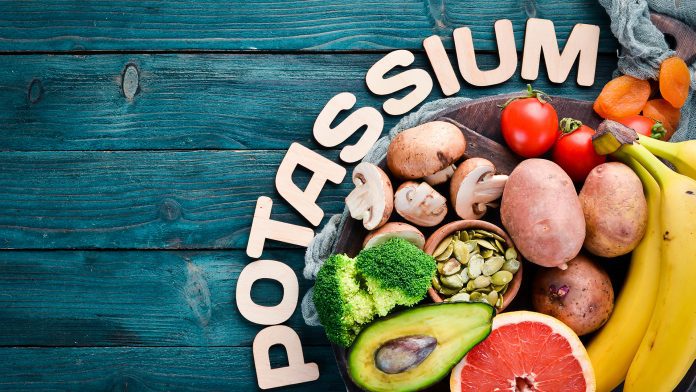
New evidence promotes that eating foods high in potassium can reduce the risk of heart-related conditions among women.
The study revealed that foods high in potassium, such as bananas, avocados and salmon, can improve women’s heart health by counteracting the adverse effects of salt in their diet. The research suggests that potassium-rich foods were associated with lower blood pressure, especially in women with high salt intake.
Professor Liffert Vogt, the study’s leader from Amsterdam University Medical Centers, said: “It is well known that high salt consumption is associated with elevated blood pressure and a raised risk of heart attacks and strokes. Health advice has focused on limiting salt intake, but this is difficult to achieve when our diets include processed foods. Potassium helps the body excrete more sodium in the urine. In our study, dietary potassium was linked with the greatest health gains in women.”
What are foods high in potassium?
The World Health Organization (WHO) states that adults should consume a minimum of 3.5 grams of potassium per day and less than 2 grams of sodium (5 grams of salt). Foods high in potassium include fruits, vegetables, dairy products, beans, nuts, and fish. A 115-gram banana has 375 mg of potassium, 154 grams of cooked salmon has 780 mg, a 136-gram potato has 500 mg, and 1 cup of milk has 375 mg.
Enhancing women’s heart health
The researchers utilised data from the EPIC-Norfolk study, which included 24,963 participants – 11,267 men and 13,696 women. The individuals were recruited from general practices in Norfolk between 1993 and 1997 and were between 40 to 79 years old.
The participants filled in questionnaires about lifestyle habits, had their blood pressure measured and provided a urine sample. They were then placed into groups depending on their sodium intake (low/medium/high) and potassium intake (low/medium/high).
The researchers adjusted for age, sex and sodium intake to investigate the relationship between potassium intake and blood pressure. The results showed that in women, as potassium intake increased, blood pressure reduced.
When the association was analysed according to sodium intake, the team observed that the relationship between potassium and blood pressure was only found in women with high sodium intake. For example, every 1 gram increase in daily potassium was linked with a 2.4 mmHg lower systolic blood pressure. No association was found in men.
Throughout a median follow-up of 19.5 years, 55% of the participants were hospitalised or died due to cardiovascular disease. The researchers adjusted for age, sex, body mass index, sodium intake, use of lipid-lowering drugs, smoking, alcohol intake, diabetes and prior heart attack or stroke to examine the association between potassium intake and cardiovascular events.
They discovered that people who consumed the most foods high in potassium had a 13% lower risk of cardiovascular events than those who ate the least. The amount of salt in the diet did not influence the relationship between potassium and cardiovascular events.
Professor Vogt concluded: “The results suggest that potassium helps preserve heart health, but that women benefit more than men. The relationship between potassium and cardiovascular events was the same regardless of salt intake, suggesting that potassium has other ways of protecting the heart on top of increasing sodium excretion.
“Our findings indicate that a heart-healthy diet goes beyond limiting salt to boosting potassium content. Food companies can help by swapping standard sodium-based salt for a potassium salt alternative in processed foods. On top of that, we should all prioritise fresh, unprocessed foods since they are both rich in potassium and low in salt.”







